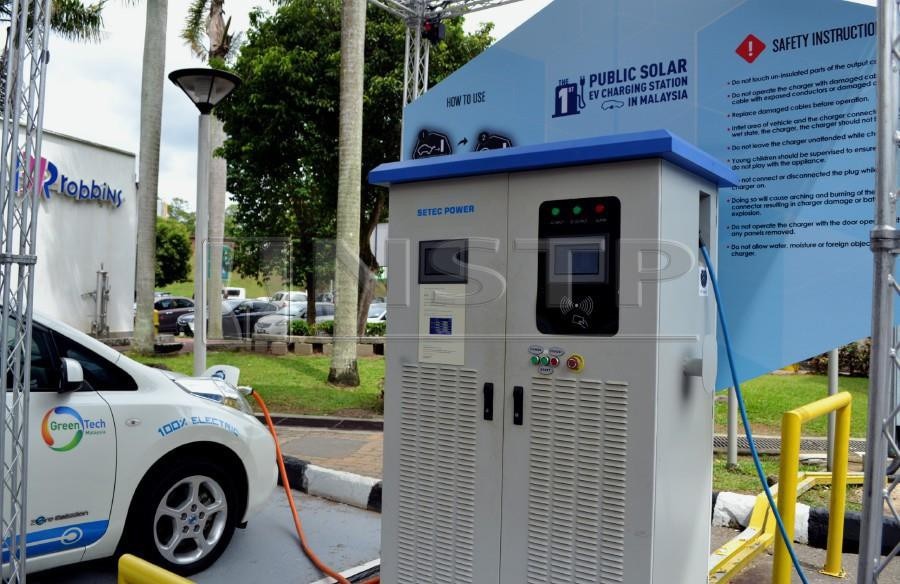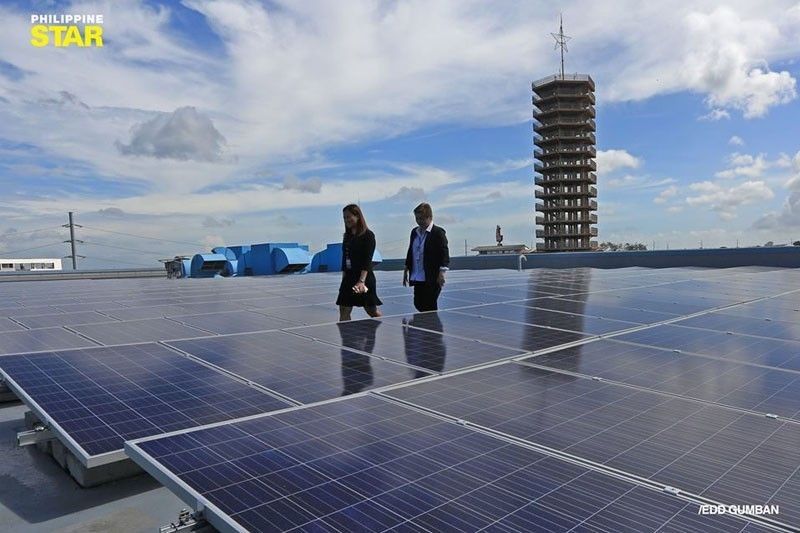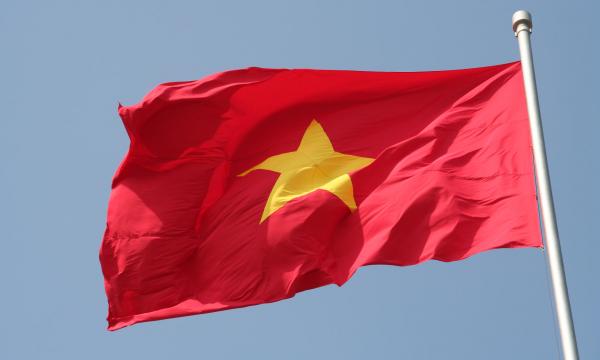- Others ,
- Renewables
–
- Malaysia
MELAKA: PLUS Malaysia Bhd (PLUS), today launched the country’s first solar electric vehicle (EV) charging station.
The highway operator plans to build five more such stations by early 2020.
It’s Managing Director Datuk Azman Ismail said the first station, located at the Ayer Keroh Overhead Bridge Restaurant (southbound) on the North-South Expressway here, began operation in May and could be used for free.
It was built at a cost of RM450,000 in collaboration with Malaysian Green Technology Corporation (GreenTech Malaysia) and the United Nations Industrial Development Organisation, through the Global Environment Facility.
PLUS and the other parties involved are also in discussion to set up five more solar EV charging stations at the rest and service areas under PLUS’s management, Azman said.
These stations – to be built in stages in Pagoh (southbound), Tapah (southbound), Dengkil (southbound), Gunung Semanggol (northbound) and Seremban (northbound) – would be fully completed by early 2020, he said.
“We also plan to build stations at other rest and service areas, but this depends on consumer response and the fund available, as the cost of building such a station is fairly high,” he told reporters after officiating the station launching ceremony here today.
GreenTech Malaysia’s Acting Chief Executive Officer Syed Ahmad Syed Mustafa was also present.
Azman said the initiative was in line with PLUS’ objectives of giving a more positive travel experience and promoting public awareness on green technology and innovation.
“The Ayer Keroh Overhead Bridge Restaurant (southbound) was selected as the first location for an EV charging station, as it is a main route for most users of EVs and plug-in hybrids.
“Besides, most of the existing EV charging stations are located in the Klang Valley, and this initiative will enable the EV and plug-in hybrid users to charge their vehicles while using other facilities in the (overhead bridge) area,” he added.
He noted that PLUS had implemented various green technology initiatives to help protect the environment, including through the usage of biodegradable products such as plastics, cups, food containers, spoons, forks and straws at several rest and service areas.
Meanwhile, Syed Ahmad said the construction of this first solar EV charging stations at the PLUS highway represented a milestone in promoting low-carbon mobility and the use of renewable energy to charge EVs.
EV users, he noted, required an hour to an hour and a half to fully charge their vehicles and it could last for about 490 kilometres. – Bernama







